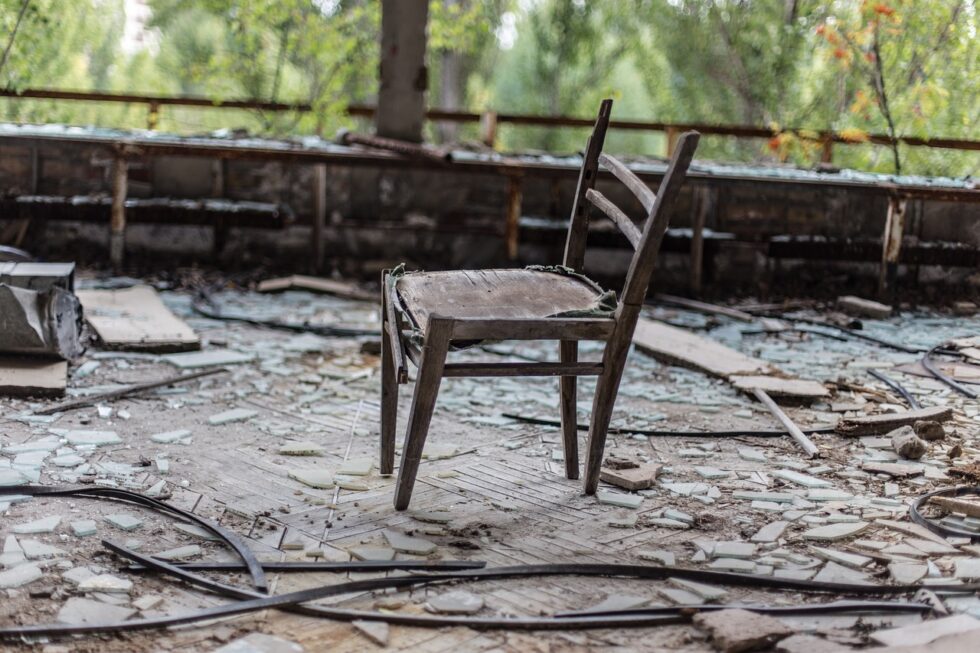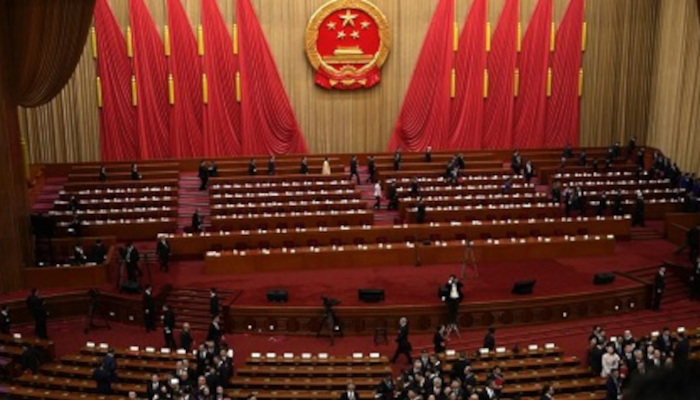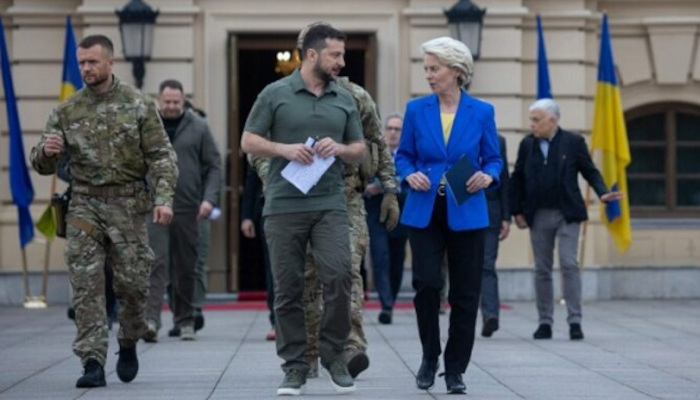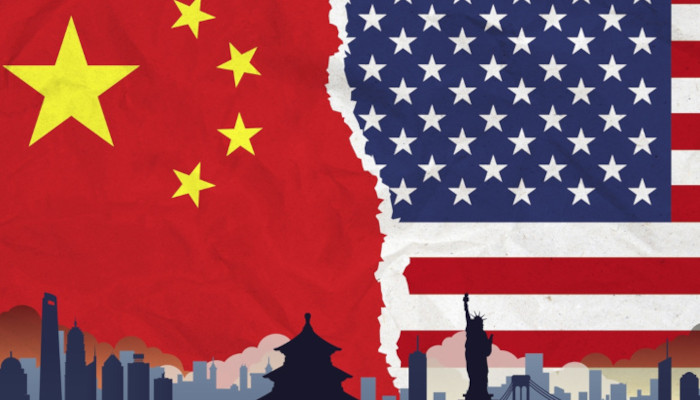
The Ukrainian offensive in the Russian Kursk region has been underway for a week now—this is not just a sortie but has broad strategic implications. It is unclear how the situation will evolve, but it is obviously a hard blow to Russian President Vladimir Putin, and the fallout could reach as far as Italy.
After a week, China, the elephant in the room of the Ukrainian war, broke its silence on August 12. Unlike at the onset of the war, when it rushed to join Russian rhetoric, in a statement released by the official Xinhua News Agency, it strived to keep aloof about the new offensive in Kursk. It is objectively a major development and could be a significant political blow to Putin. Even China doubts the offensive could be deeper and more substantial than Moscow would like to admit.
How many Kyiv troops are engaged is unknown: 2,000 men, 10,000, or more? The fighting may have reached the city of Kursk, over 100 km from the Russian-Ukrainian border and 500 km from Moscow.
Putin must either pull troops from the front (from where? how many?) or mobilize new ones to drive the Ukrainians back. Both choices carry risks because Kursk is part of a broader strategy, and the Ukrainians’ next moves are undetermined. Moreover, fighting at home, among one’s civilians, is very different from doing it outside, among “hostiles” who may be attacked, terrorized, or simply neglected.
So far, Putin’s wars have never had to consider preserving the battle environment, and indeed, he has always employed scorched earth tactics, from Chechnya to Syria to Ukraine. Today, a “scorched earth” policy in Kursk could lead to significant fallout. But is the Russian military capable of fighting a war of finesse?
Even if the Ukrainian offensive is repelled soon, Moscow will have to guard the border better, which means it will still need more men arranged differently. And what will the civilian population on the border do? Will they abandon their homes and flee to Moscow, spreading alarm or panic?
Moreover, Ukraine’s strengthening and expansion in the area is possible. The terms of negotiation or perhaps the outcomes of the war would change. Areas currently occupied by the Russians could be exchanged for those in Ukrainian hands, and the Moscow regime itself could wobble and fall.
Kursk also alters the conditions for America and Europe. It will be more difficult for the Allies to give in to temptation and abandon Kyiv to its own devices. It could even affect the electoral narrative of Republican candidate Donald Trump, who had said he was ready to deal with Putin and give up Ukraine.
Putin faces many difficult choices, all of which must go well. Making even one mistake could complicate his situation to the point of potentially losing power.
Ukrainian President Volodymyr Zelensky has scored a significant victory. But the game is not over; it may be at a turning point. For Putin, traditional battlefield warfare is simply ruthless and unimaginative. However, he is a genius of hybrid warfare. If he cannot win with soldiers, he seeks leverage behind enemy political lines, in the soft underbelly of the opposing side. Italy, in theory, is an ideal target for the many Putin sympathizers scattered throughout the country and a very shaky government.
The Meloni Government
The sore points of Giorgia Meloni’s executive and her party, Fratelli d’Italia (FdI), are almost endless. Her recent trip to China burned many bridges with the U.S. without yielding any significant gains with China (see: https://decode39.com/9423/unravelling-the-mystery-of-melonis-actions-that-displease-everyone/). Meloni did not support the majority in the EU and is now outside the decision-making room.
So, who supports the Italian government abroad? Without solid backing from outside, any government—even those of superpowers—quakes. This is especially true for a middle power with severe structural issues like Italy.
Internally, Matteo Salvini’s League has barricaded itself to the right, drawing support away from FdI in that area. At the center, the Berlusconi family has returned to active politics by getting involved in the affairs of Forza Italia (FI) and is reportedly on a collision course with the premier.
Meloni is domestically and internationally isolated on the left and right. She may not have a future. In recent months, the impression had been that Meloni had no alternative; however, this perception was weak. Today, alternatives exist.
FI could break the current agreement and support a transitional coalition. Meloni would then have the choice of either voting for it or going to the polls, where she risks heavy losses. There may be a center alliance with the left, with a substantial pact between Marina Berlusconi and Elly Schlein.
Above all, the possibility of hybrid retaliation by Putin should prompt Parliament to close ranks soon and consider a national unity government concerned with the economy and the country’s security.
Oblivious to Kursk, Meloni may be seeking a domestic catch-up. For a few days, there have been rumors of a confidential holiday meeting in Sardinia between Marina Berlusconi and Giorgia Meloni to mend fences. Indeed, this wouldn’t be pointless, but the picture perhaps goes beyond just a dreamy mid-August night rapprochement.









